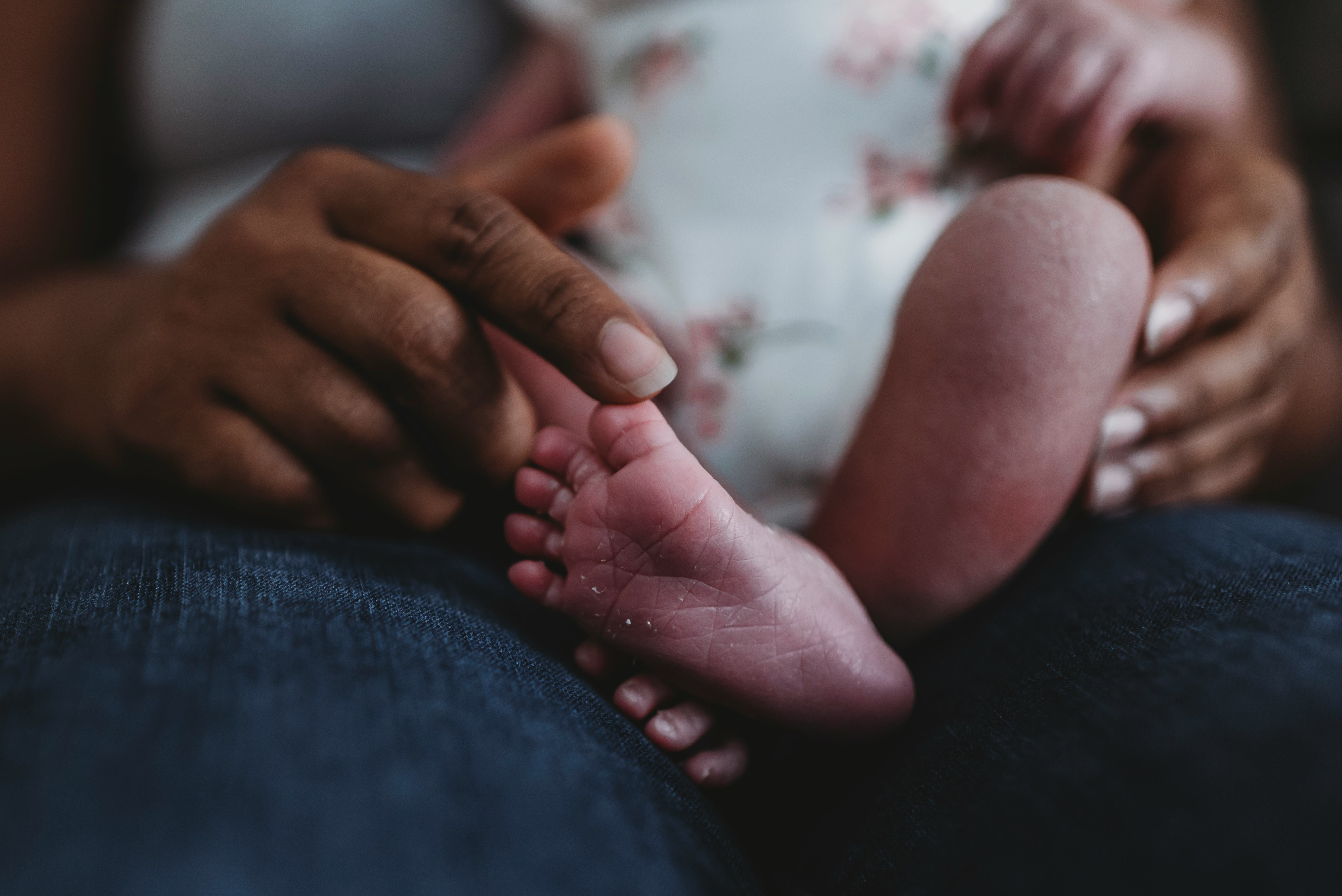
Within minutes of being born, Kyanni Williams was already undergoing her first major medical operation. The Denver newborn needed stitches after being cut during a C-section. A plastic surgeon was brought in to close a laceration on Kyanni’s cheek with 13 stitches, leaving her family frustrated and heartbroken by the accident.
“To have your granddaughter born to come out to see the plastic surgeon, to get 13 stitches, is devastating,” Walter Williams, Kyanni’s grandfather, told KDVR.
Kyanni’s family told the news outlet they’d planned to have a natural birth at Denver Health Medical Center. But shortly Kyanni’s mother, Reazjhana Williams, was given a pill to speed up her labor, something went wrong and doctors ordered an emergency C-section.
“They said our baby made a sudden movement and they couldn’t hear her heartbeat or find it,” Damarqus Williams, Kyanni’s father, told KDVR. “They took [Reazjhana] into an immediate C-section.”
It was during that C-section that Kyanni’s cheek was accidentally cut by the operating doctor’s scalpel. “They said her face was close to the placenta wall,” Damarqus explained to the news outlet. “It’s upsetting. She’s not comfortable.”
While fetal lacerations like the one Kyanni sustained are rare, they can happen. "Unfortunately babies do sometimes get cut during C-sections,” OB-GYN Dr. Candice Fraser of Your Doctors Online previously told Romper. Although rare, Fraser said fetal lacerations are more likely to occur in situations where complications like fetal or maternal distress require the obstetrician to act fast and deliver the infant in a minute or less. “This is probably the most likely scenario when lacerations occur,” Fraser said.
Indeed, studies have confirmed fetal lacerations are typically rare. A 2004 analysis of more than 3,000 cesarean births published in The American Journal of Obstetrics and Gynecology found just 97 instances of accidental fetal lacerations. Of those 97 cases, 94 were deemed to be mild, 2 were moderate, and 1 was severe. The study noted, “the risk for fetal accidental lacerations was higher in fetuses who underwent emergency cesarean birth and lower for unscheduled and scheduled cesarean births.”
A separate study conducted in 2006, examined more than 37,000 cesarean births and found just 0.7% resulted in a skin laceration injury.
But the rarity of Kyanni’s injury comes as little comfort to the Williams family. “I tried to be understanding about what happened, but on top of the fact that her face got cut and a plastic surgeon had to come do it, there's just a lot of things I'm not understanding with the C-section,” Reazjhana told KDVR. “I've never heard of anybody having to deal with their baby's face looking like this after a C-section."
In a statement to USA Today, Denver Health noted it had been in contact with the family over the incident but maintained that lacerations are a known complication of emergency C-sections, which the medical center only performs “when the life of the mother and/or baby is at risk.”
“We are saddened that there was an injury to the baby’s face but are relieved the baby was delivered healthy and is now at home,” the medical center said.
0 comments:
Post a Comment